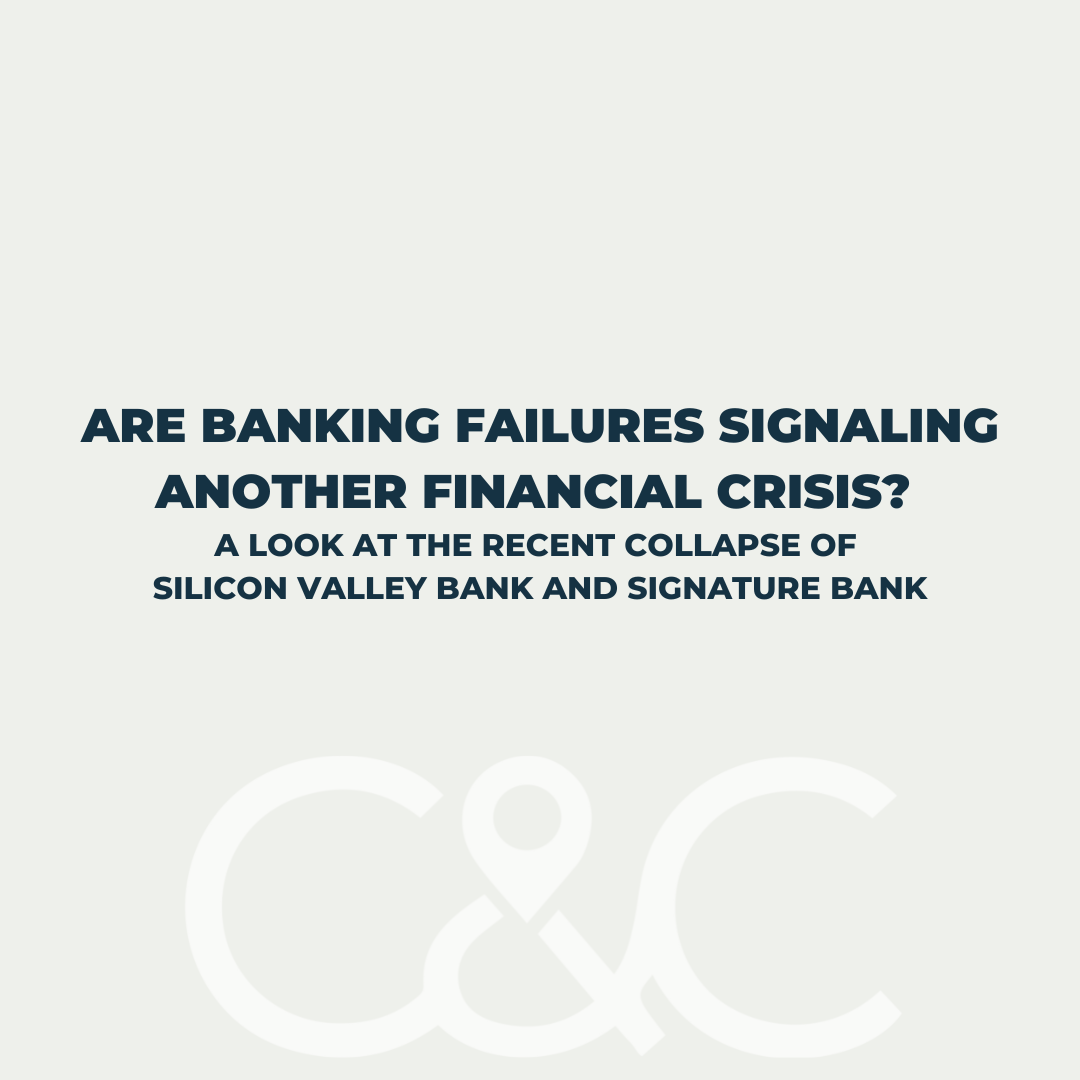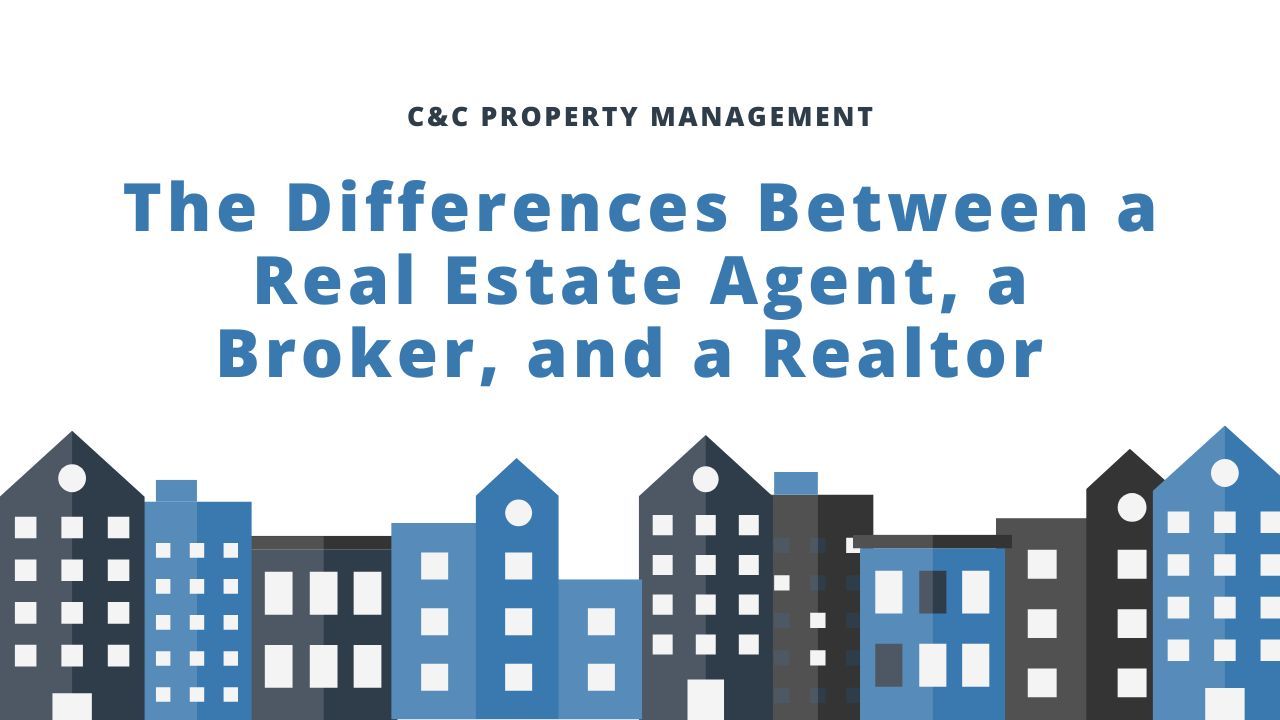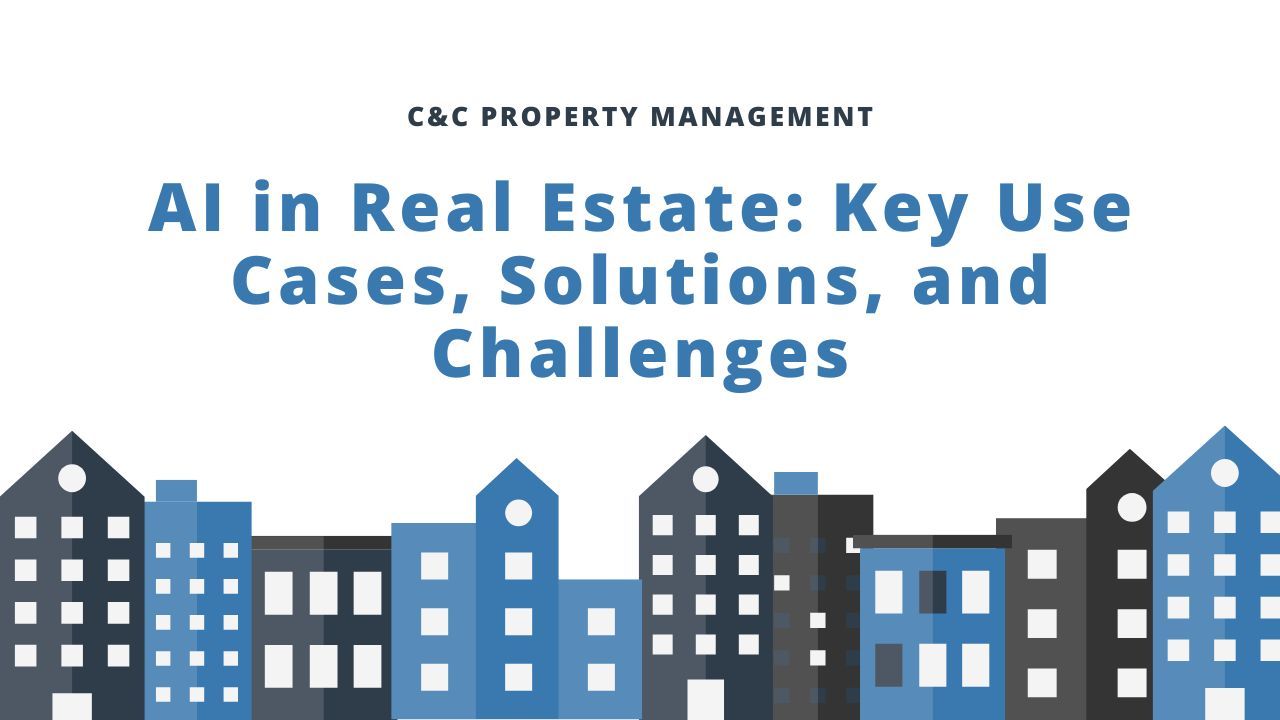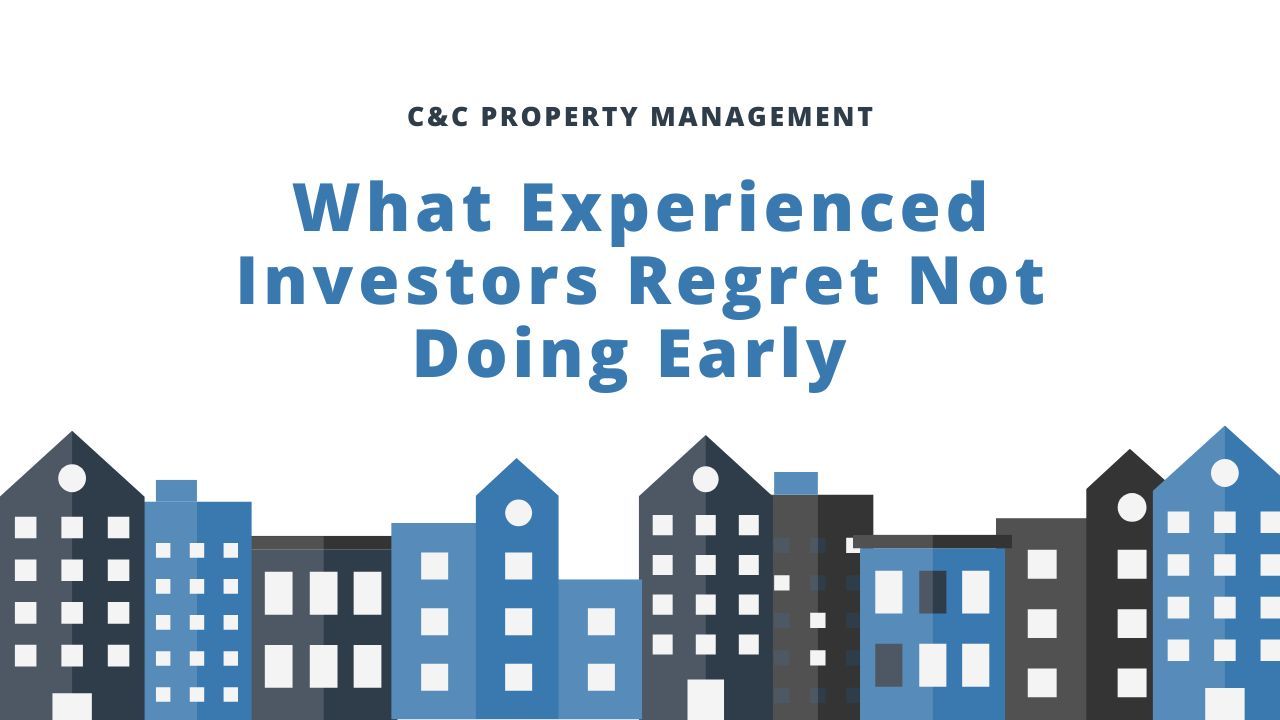Are Banking Failures Signaling Another Financial Crisis? A Look at the Recent Collapse of Silicon Valley Bank and Signature Bank
The recent banking failures have led to some concerns among investors that we may be heading towards another financial crisis like the one we witnessed in 2008.

However, there are significant differences between the two events. Lehman Brothers, which collapsed in 2008, was an investment bank, while the recent bank failures were commercial banks. Moreover, the size of Silicon Valley Bank, the second biggest bank failure in American history, was 20% of the size of Lehman Brothers, even adjusting for inflation.
While the precarity of the current situation cannot be understated, it is essential to understand the differences between the two events. The assets that caused the runs on Lehman Brothers and Silicon Valley Bank were significantly different. Lehman Brothers was highly leveraged derivatives secured against highly leveraged mortgages given to unqualified buyers going delinquent, while the asset in question for Silicon Valley Bank were fully performing bonds, some of the safest assets around.
Low-interest rates led to a chase for yield, and Silicon Valley Bank was no exception. The bank bought $80 billion in mortgage-backed securities of over ten years in duration with a weighted average yield of 1.56%. However, the fastest interest rate increase in history led to a plummeting value of such bonds. Furthermore, these bonds did not need to be revalued until sold, leaving the bank sitting on a massive pile of unrealized losses
.
The Covid-fueled tech boom ended, and a tech-reliant bank saw significant pressure on its deposits. This pressure required Silicon Valley Bank to raise capital. However, selling those bonds forced them to realize the unrealized losses. Once you sell one, you have to revalue the entire portfolio, leading to a chain of events that led to the bank's collapse.
While the recent banking failures should not lead to a 2008-like financial crisis, it highlights the precariousness of the current situation. Low-interest rates can create a range of problems, including inflation, economic inequality, and a desperate chase for yield. Investors need to be mindful of such situations and understand the risks associated with their investments.








